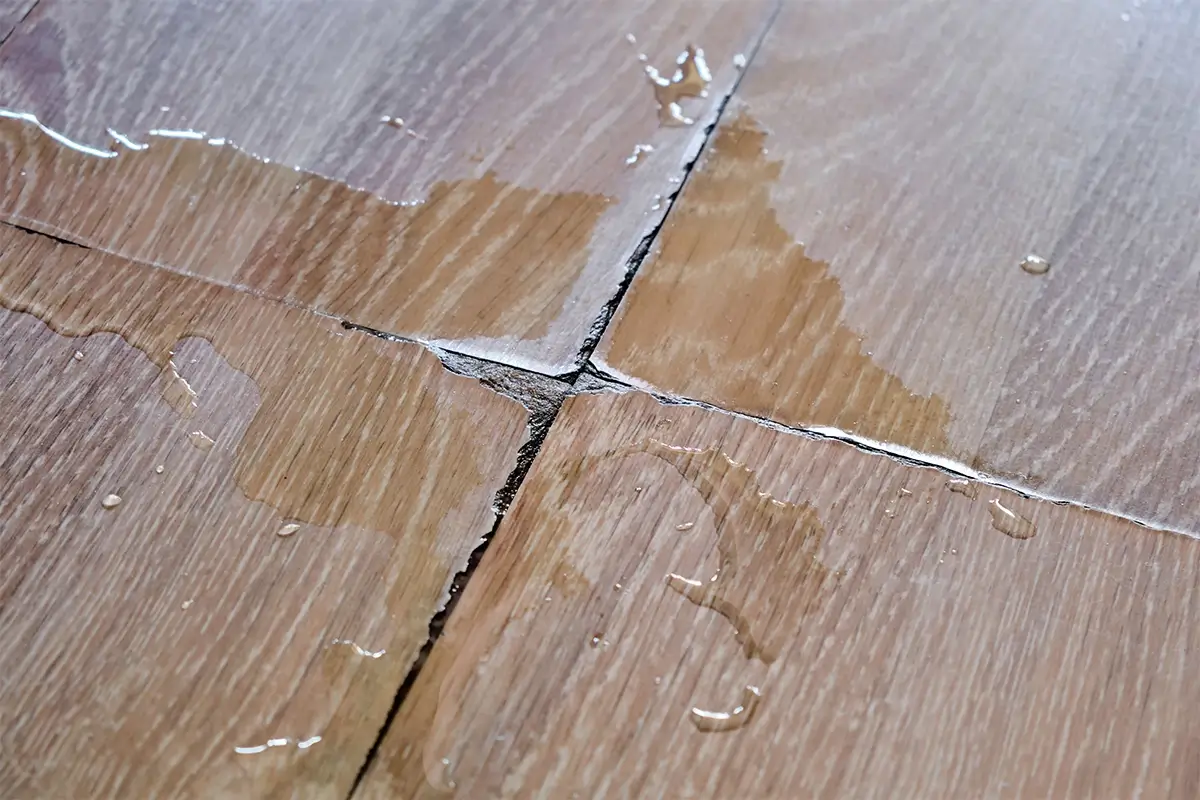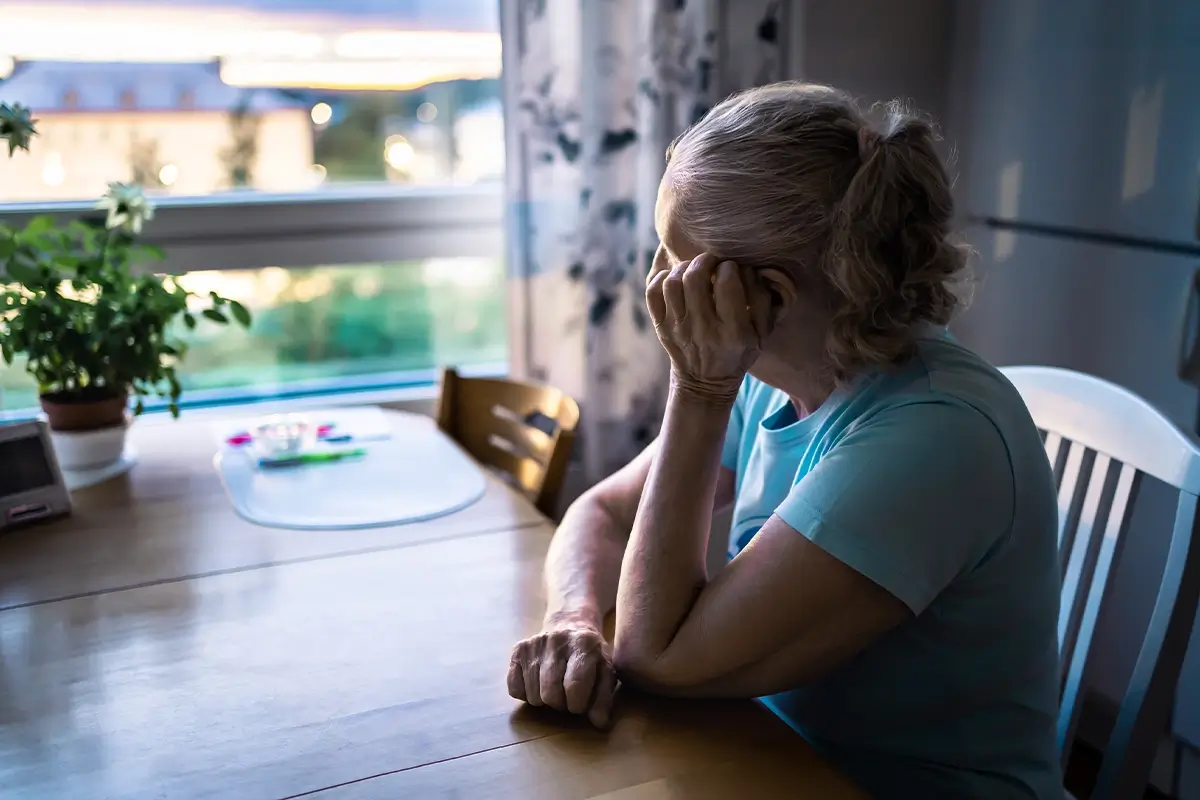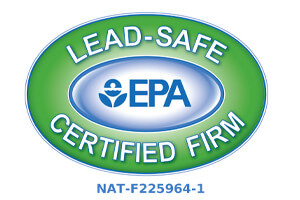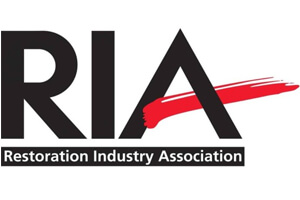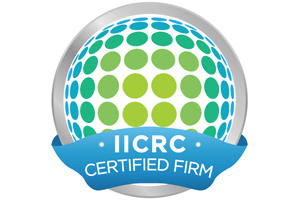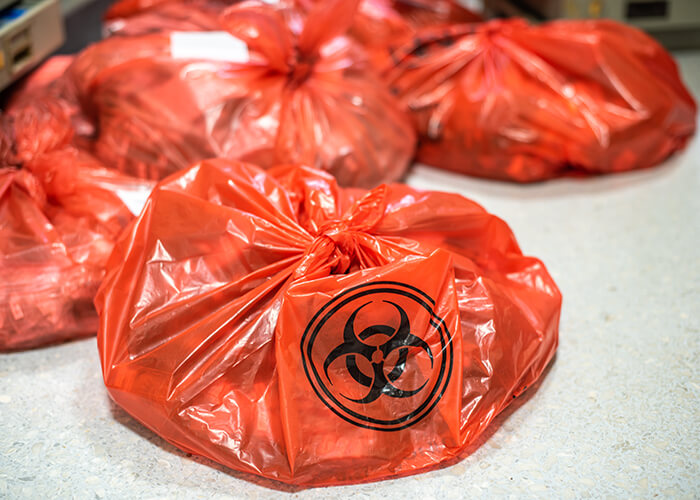
Cleaning Blood & Bodily Fluid Spills
Small areas of blood and other bodily fluids can be easily cleaned up but require a little extra attention to personal protection and detail. It is generally taught that universal precautions should be used when cleaning up fluids like:
- Blood
- Semen & Vaginal Secretion
- Spinal Fluid
- Pleural Fluid
- Pericardial Fluid
- Peritoneal Fluid
- Amniotic Fluid
- Saliva
- Tissue & Organ Matter
- Urine
- Feces
- Nasal Secretion
- Vomit
Universal precautions mean that any of these bodily fluids should be automatically treated and handled as though it were infected with blood borne illnesses. Even though some blood pathogens do not exists in all bodily fluid (e.g. HIV does not exist in saliva) it is always safest to assume precaution.
Preparing & Protecting Yourself
When cleaning up blood and bodily fluids, a full array of personal protective equipment (PPE) should be worn. This includes:
- Heavy-Duty Disposable Gloves (Nitrile or Latex)
- Protective Goggles
- Leak-Proof Apron
- Heavy Duty Rubber Shoe Coverings
- Face Mask or Respirator
Though small jobs may not require all of the above equipment, gloves and a face mask should always be worn. Use common sense when determining what other PPE may be necessary, and take extra precautions if you deem them unnecessary.
Take care to not tear or otherwise damage your gloves. Beware of sharp objects such as broken glass and do not pick them up with your hands. If your gloves do tear they should be immediately replaced with a fresh pair.
Be especially careful with any waste bags that contain sharp objects (broken glass, syringes, blades, etc.) and note on the bag that it contains sharp objects with a permanent marker to avoid further exposure.
Remove all protective equipment and wash your hands with antimicrobial hand soap thoroughly before eating, drinking, smoking, applying make-up, using lip balm, or handling contact lenses.
Step-By-Step Cleaning Guide
After you have put on all protective equipment, use the following guide to safely clean up blood and bodily fluids:
- Use a broom and dustpan to remove any foreign objects from the area and discard.
- Carpeting and upholstered furniture exposed to blood should be removed and disposed of.
- Use disposable towels to soak up the majority of the blood. Discard towels.
- Use soap and water on mops and cleaning rags to clean the rest.
- Use a solution of 10-part water to 1-part bleach to disinfect the exposed area.
- Dispose of or disinfect all mops, rags, and other cleaning tools to avoid spreading pathogens.
All materials exposed to blood and bodily fluids must be placed into special bags and containers marked with a biohazard symbol and sealed. Blood and bodily fluids are regulated waste; contact your local Hazardous Material Management Office for pickup or to learn where the proper disposal facility is located.
Larger Jobs Require Professional Attendance
Though small amounts of blood and bodily fluid can be cleaned without assistance, a big job such as violent crime scene cleanup in Phoenix requires professional care. You can usually contact your local police department to learn about professional biohazard cleaning services in your area.
In Arizona, particularly in Phoenix, Scottsdale, or Tucson, contact BioteamAZ, the state’s most trusted specialists in cleaning, disinfecting, sanitation, and decontamination of blood and bodily fluids.
